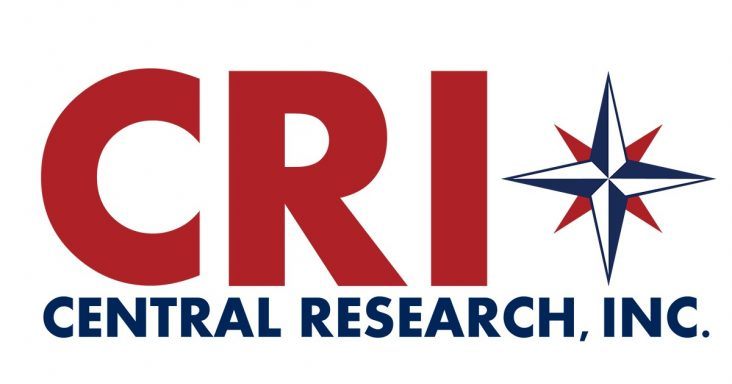CRI to lay off more than 200 employees amid pause in student loan debt collection
by June 9, 2020 10:32 am 2,038 views

Lowell-based Central Research Inc. (CRI), a provider of financial services and products for government and commercial sectors, plans to lay off more than 200 employees, or 50% of staff, mostly at its Northwest Arkansas and Tennessee offices.
Meanwhile, the company recently launched a COVID-19 contact tracing service in hopes to offset some of the layoffs.
The layoffs come as the U.S. Department of Education put a temporary hold on student loan debt collection, and CRI handles collections for the agency, said Tara Muck, director of marketing and communications for CRI. The layoffs will come in phases, starting at the end of this month and continue through July.
“We’ve been able to do some work, and we’ve held out in hopes of securing additional work for those impacted,” Muck said. “But for financial stability of the company, we had to move forward with these layoffs until we either get additional business with roles that fit [those] positions, or we’re able to return to full support of that contract.”
The company on Monday announced the acquisition of Skyline Ultd Inc., but it won’t be affected by the layoffs. CRI has less than 500 employees as a result of the acquisition.
“Unfortunately, COVID-19 and the national pandemic has created a significant reduction in the work we perform for a certain government contract, and as such, has resulted in the need to reduce our staff by over 200 in the coming weeks,” Muck said. “Most of those positions are in Northwest Arkansas and Tennessee. However, we believe this to be a temporary layoff. It is our plan to recall laid off employees by early fall when we anticipate business levels to recover. We have confidence in where the company is heading, as we aggressively seek to add more lines of business including new opportunities in COVID-19 contact tracing and employee screening and monitoring.”
In March, CRI acquired Augusta, Ga.-based Global Emergency Response (GER), a software and technology services company that specializes in emergency technology systems. Through this, CRI has acquired an application that will allow for COVID-19 contact tracing and screening and monitoring, Muck said. At the time of the acquisition, which closed March 10, the service wasn’t something CRI had expected it would’ve needed as greatly, she noted.
“No new business has been secured yet, but we’re hoping to create new job opportunities for our current staff that is pending layoffs,” Muck said. “The current pandemic caused contact tracing to become widely needed and exposed a unique opportunity in that the acquisition of GER in early March gave us tools to an infectious disease surveillance system — essentially an application that allows contacts (those identified as potentially exposed) to self-report symptoms during incubation. So not only can our call center built around supporting the [Department] of Education be easily transformed into a contact tracing center by making outbound calls to potentially exposed individuals, we have the ability to use the GER application to assist monitoring symptoms. This is all under the CRI umbrella.”
CRI also has plans to consolidate its existing Northwest Arkansas offices into a proposed 50,000-square-foot building at Interstate 49 and Arkansas Highway 264 in Lowell. In 2019, through a limited liability company, it paid $4.2 million for nearly 33 acres at the southwest corner of West Monroe Avenue (Highway 264) and I-49.
KMK Equity LLC, a company managed by CRI CEO Scott Dillard, plans to start infrastructure work on the site later this month, Muck said. CRI’s new office will be a part of a planned development at the site, which might include a mixture of office, retail and hotel properties.
“We do not have a timeline for when construction will begin on our new headquarters at that location, as the national pandemic has caused us not only to delay work over economic uncertainty but also has caused us to rethink what the new normal looks like for office workers,” Muck said. “Employee safety is top of mind as we finalize building plans.”
